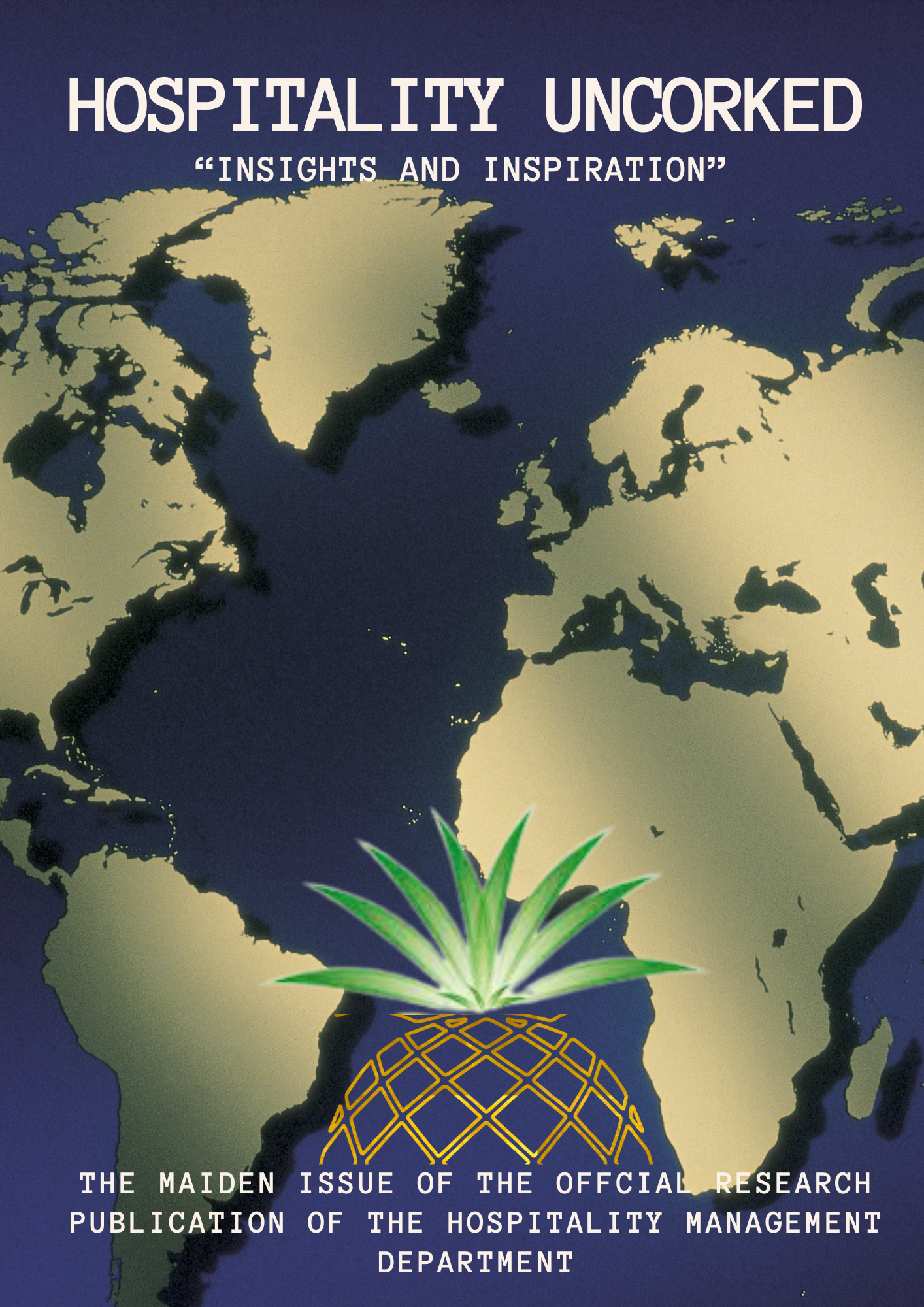LEVEL OF KNOWLEDGE, ACCEPTANCE, AND ITS ASSOCIATED FACTORS TOWARDS HALAL FOOD AMONG THE NON-MUSLIMS OF THE INTERNATIONAL SCHOOL OF ASIA AND THE PACIFIC
Keywords:
Halal Foods, Level of Knowledge, Acceptability, Contributory Factors, Non-Muslim Students, International School of Asia and the PacificAbstract
This study at the International School of Asia and the Pacific (ISAP) aimed to understand how non-Muslim students perceive and accept halal food. It found that most respondents were young (18-20 years old) and predominantly female, with a significant number being first-year students in the BS Criminology program, and most identifying as Roman Catholic. In terms of knowledge about halal food, over half of the respondents had some understanding. Generally, respondents viewed halal food positively, agreeing that it's a matter of personal choice (voluntariness) and considering it safe and healthy. However, they were less inclined to actively seek out halal food when making purchase decisions. Factors influencing their choice of halal food included their awareness of halal practices, belief in the health benefits of halal-certified products, and consideration of price. Surprisingly, demographic factors like age, gender, year level, course, and religion did not significantly impact their knowledge or acceptance of halal food, suggesting other factors are more influential. In summary, this survey provided insights into how non-Muslim students at ISAP perceive halal food. Most had some knowledge and generally viewed it positively, with factors like awareness, health benefits, and price influencing their choices. Demographic factors didn't play a significant role in their perceptions.


